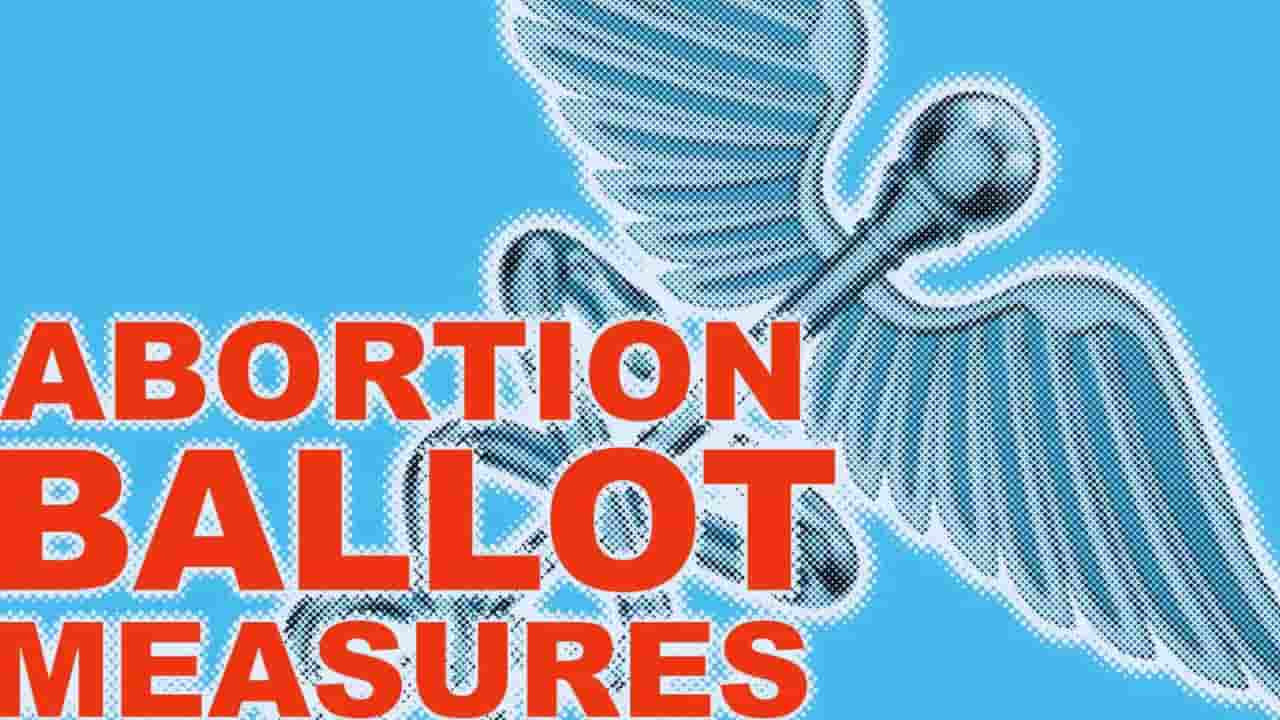Voters Make Historic Decisions on Abortion Rights Across America
In an unprecedented wave of democratic action, voters across ten states headed to the polls Tuesday to decide on eleven abortion-related ballot measures. This marks the highest number of abortion-related measures on state ballots in a single year, setting a significant milestone in American politics since the Supreme Court’s reversal of Roe v. Wade.
Key Victories and Setbacks
New York, Maryland, Colorado, and Missouri emerged as early victories for abortion rights advocates. Most notably, Missouri made history by becoming the first state to overturn its post-Dobbs abortion ban through a citizen-led initiative.
However, the movement faced a significant setback in Florida, where voters rejected a measure to protect abortion access up to fetal viability. This marks Florida as one of the first states to reject such protections since Roe’s overturn.
Presidential Politics at Play
The ballot measures have become deeply intertwined with presidential politics. Former President Trump, campaigning in Florida, notably declined to reveal his stance on the state’s abortion measure, though he had previously opposed it. Meanwhile, Vice President Harris has actively campaigned on protecting abortion access.
State-by-State Breakdown
Here’s how the measures played out across the country:
- Arizona: Voters considered allowing abortions up to fetal viability (24 weeks), potentially replacing the current 15-week ban.
- Colorado successfully strengthened existing protections through a constitutional amendment.
- Florida failed to pass a constitutional protection for abortion access.
- Maryland: Voters approved the constitutional guarantee of reproductive freedom.
- Missouri successfully overturned the abortion ban through a constitutional amendment.
- Montana: Voters weighed constitutional protection despite conservative leanings
- Nebraska faced competing measures, one protecting abortion rights and another restricting them.
- New York: approved stronger constitutional protections
- Nevada considers constitutional protection, requiring two-step approval.
- South Dakota voted to establish a trimester framework in the currently restricted state.
Impact on Voter Turnout
Recent polling reveals abortion has surpassed inflation as the top concern for women under 30. This shift could significantly impact voter turnout, particularly benefiting Democrats who have seen consistent success with abortion rights on the ballot.
Looking Forward
These votes signify a fundamental shift in the security of reproductive rights in post-Roe America, surpassing mere state-level decisions. With every state that votes, the landscape of abortion access continues to evolve, creating a patchwork of protections and restrictions across the country.
The results demonstrate that even in traditionally conservative states, voters are actively engaging with and often supporting reproductive rights when given the chance to vote directly on the issue. This trend suggests that the debate over abortion access will remain a central issue in American politics for the foreseeable future.
As the nation processes these results, one thing becomes clear: voters are taking an active role in shaping abortion policy, state by state, vote by vote, creating a new chapter in American reproductive rights history.
